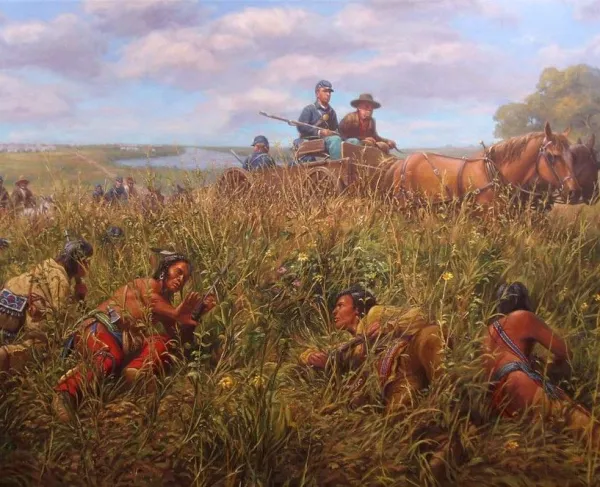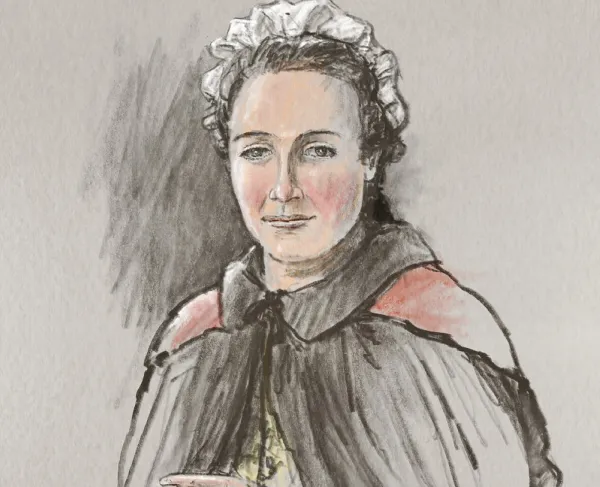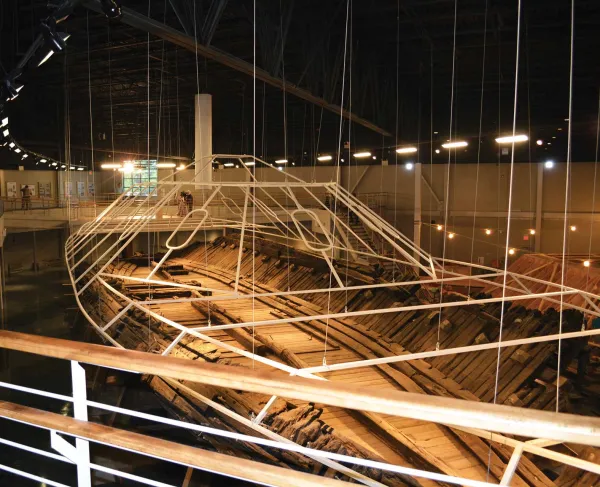Filling the Gap
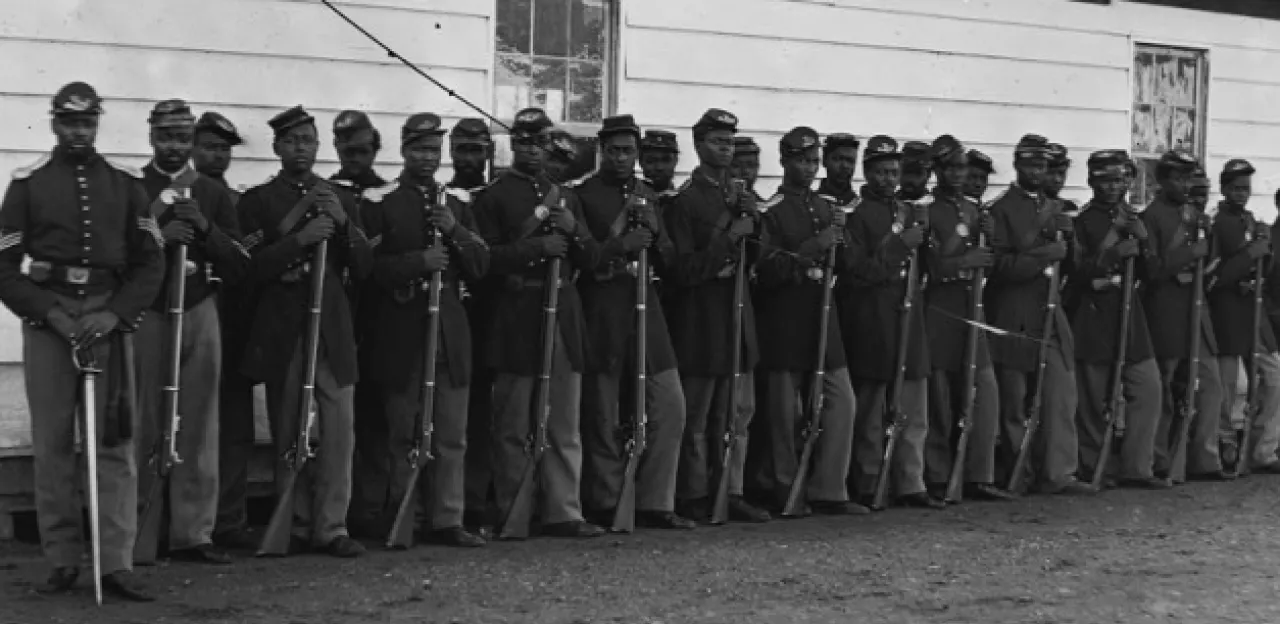
The Civil War Trust recently interviewed Tyrone Young, the director of the new educational film "Filling the Gap." The film explores the largely overlooked achievements and accomplishments of men and women of African descent in the 19th century United States.

Civil War Trust: What is Filling the Gap?
Tyrone Young: Filling the Gap is an 83-minute educational docudrama about the people of African descent during the Civil War era.
What is the meaning of the title Filling the Gap?
TY: Filling the Gap is an award-winning/NAACP Image Award Nominated educational docudrama, that entails a compilation of thoroughly researched and cross- reference Material, combined in order to film the untold story of the people of African descent during the Civil War Era. Their contributions to America as Artisans, Engineers, Inventors, Contrabands, Spies, Soldiers, Craftsmen, Abolitionists and Scientists are all highlighted.
What will viewers take away from the film?
TY: Specifically, the film provides a concrete education on the contributions of the lesser-known heroes and the celebrated ones in shaping, protecting, and enriching American life. Filling the Gap educates the world about African-American heritage during the Civil War era, reinforcing a sense of pride for our ancestors who defeated the odds during a dark, bleak period of American history. Filling the Gap introduces a positive alternative to the existing social familiarity that depicts African Americans as only cotton-picking slaves and Whites as the oppressors. Filling the Gap portrays positive attributes of African-Americans who through their industrious initiatives contributed to the settlement and economic development of the United States and shines light on the whites that fought tyranny for freedom and equality for all man.
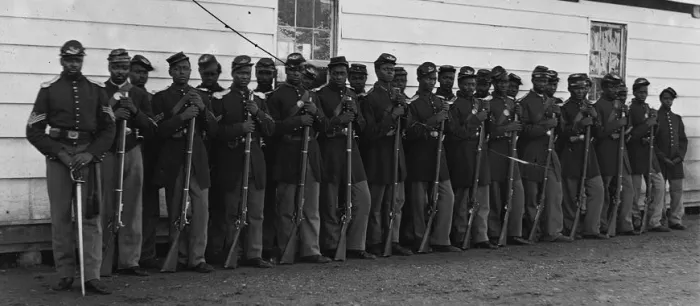
The film presents numerous African-American accomplishments, including many that took place within the confines of slavery. What factors have previously kept these stories mostly unknown?
TY: The American people have settled for what has been taught, although the majority of history is taught from a white perspective. African Americans have failed to use their voice for equal contextual learning. Civil rights was our last movement, since then we have become stagnant. Equal rights are fought for, which embodies the struggle of continued voicing, without a voice then equal rights are only a term. The wise man spoke softly and was overlooked, the uneducated man yelled and got everyone’s attention, but had nothing to say, so we learn to speak in tones and educate ourselves to be heard.
Describe the process of making the film.
TY: The process of making the film was laborious, expensive, and time consuming--we researched for an entire year before writing the script. We referenced and cross-referenced material before coming up with conclusive content to produce the film, which then took four years to can.
Were you particularly affected by any of the stories presented?
TY: The entire film affected me mentally and emotionally. I felt robbed of a quality education pertaining to our history, which today has influenced me to continue producing educational films. Regardless of color creed or religion, we all have a place in American history.
What are your plans for future projects?
TY: I have a few ideas in mind, but this time around I would like for someone else to finance it. A producer or a person who has a great concept, who is interested in making a movie and preserving history.
Buy the DVD: "Filling the Gap: A Forgotten Chapter of American History"
Tyrone Young has worked as a producer, director, and actor since 1992. In 2001, he formed Ellavision Entertainment to fund documentaries and independent projects. His credits include True Adversity, Pariah, and My Name is Orphan.
